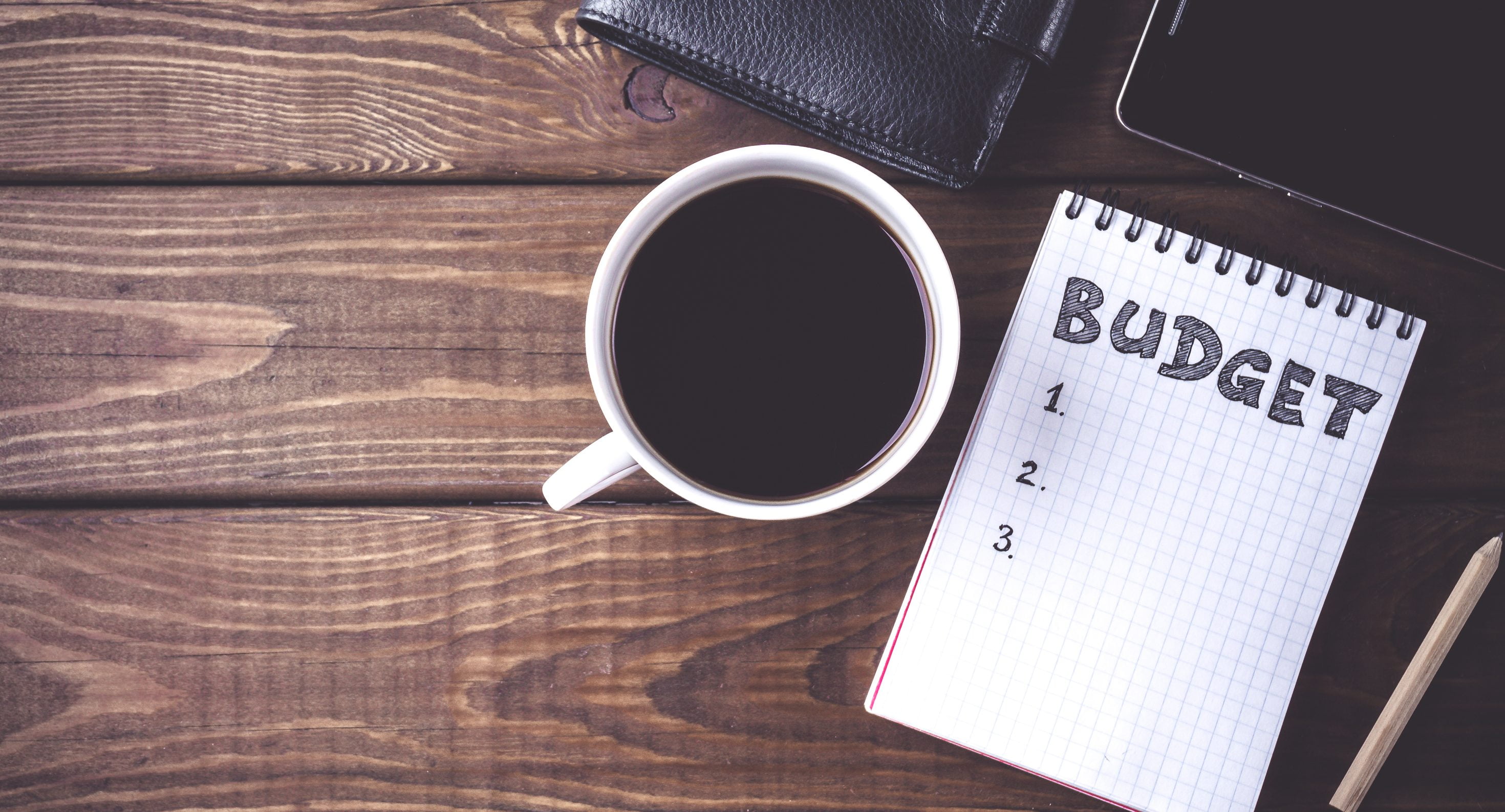One of the most difficult parts of purchasing your first property is coming up with the deposit. Subsequent properties can be bought by leveraging equity but in the meantime, a financial deposit is required.
Here are our six top tips on how homebuyers can save for a deposit.
Budget
Unintentional and unplanned spending costs Australian households millions of dollars every year. These are reactive purchases, usually emotional. We tend to justify by saying to ourselves, “it’s only $20.” The thing is, these reactive purchases add up. Before you know it, you are looking forward to payday because you’ve spent all your money.
Put a budget in place and allocate yourself a certain amount of money for spending. A good trick is to either replace this money in a separate account or take it out in cash whenever you get paid. That way, when it’s gone, it’s gone.
A reduction in unintentional spending will statistically save you at least 10% of your monthly income, and quite possibly more. Remember to put this money aside in your mortgage savings account.
Savings is Spending
Saving for your property deposit should be considered a pay cut. In other words, once that money is allocated you cease to have access to it. Many banks offer savings accounts that punish you financially if you make withdrawals, or you may elect to give the money to a relative that you trust. Either way, you should consider savings to be money that is spent and no longer available under any circumstance.
Make it Realistic
It’s no good putting lofty goals in place if you cannot sustain the discipline required. Don’t put yourself in a position where you don’t have enough money for groceries, or can’t pay the rent. While extending timeframes may be frustrating, it’s also important; when the initial excitement of saving for a property wears off, you still need to be able to live – and enjoy – your life.
Stop Paying Rent
Rent, for most people, is by far their most significant expense. Many people choose to move back in with their parents or relatives to save for their house deposit. This strategy means that a substantial amount of money can be saved much more quickly.
Even if you don’t have close family who are willing to give you free bed and board, there may be an opportunity to partner with other people. Consider moving in with others who are trying to save for a home deposit also. By splitting the rent, you can save faster and, as long as everyone gets along, it may even be an enjoyable experience.
Annualise Everything
We all have subscriptions, monthly memberships and regular payments. Look at all of your regular monthly payments, and multiply them by 12 to determine how expensive they are each year. Now, add them all together, and consider whether you can reduce this amount. It’s incredible how quickly $15 a month subscriptions add up.
Downgrade to Upgrade
Take a really good look at your lifestyle, and what you can do without. Perhaps there are ways to reduce your expenses by downgrading for a period of time, so that you can upgrade to your new house. Many books have been written on the art of simplification and minimalism – and there have been proven mental health benefits. As humans, we tend to accumulate stuff that we don’t need, perhaps this is a good chance to reduce your amount of material belongings, save some money and buy your first property.
Many first time home buyers dream of buying their perfect home. Perhaps you’ve seen the for-sale sign go up in your local area and thought to yourself, “I want that house!” But good property investing doesn’t work that way. In most cases, the suburb that you’re currently living in has already seen a significant housing boom and is quite expensive, not to mention negatively geared.
The alternative many first time homebuyers are turning to is to invest in a property that they can afford now and do not live in. At DDP, we find you properties that are under 500k, positively geared and prime for rapid growth. Positively geared, in basic terms, means that your ‘weekly rental amount’ would cover all of the expenses involved in owning that investment property and often you’ll be able to put aside some savings every week. This could be savings that you put aside for your dream property, in addition to the equity of your first property, making your dream property to live in a reality.

